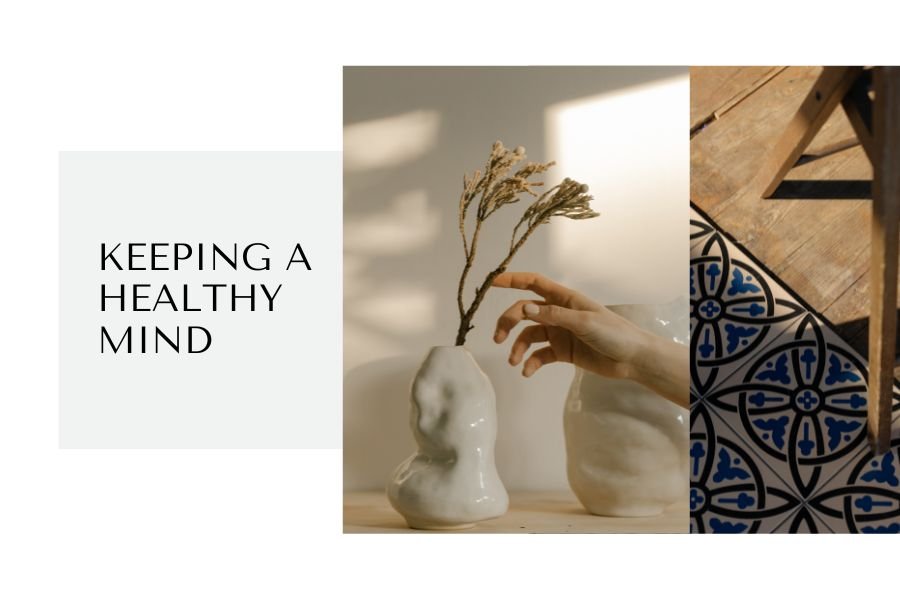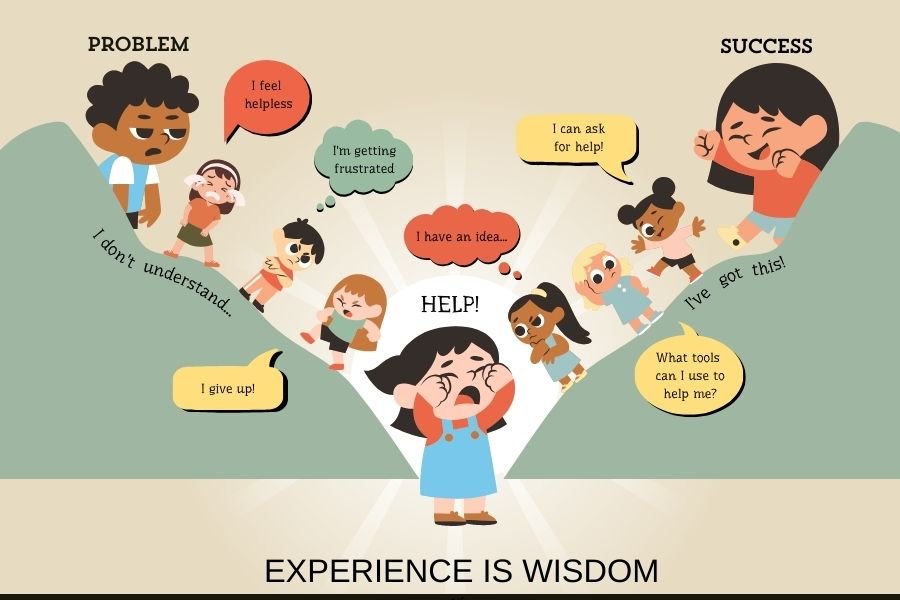As a child, the world is our oyster.
We have our perspectives of the way things are, use the vibrancy of colours on every little thing we can get our hands on and for the most part, we colour the world through our eyes. We could care less about living by following what reality expects from us as we delve into our creative endeavours.
Nevertheless, as we grow, we start to view the world differently. In our adolescence, we are vulnerable to the phenomena of egocentrism where we are highly conscious of how we look and appear to people around us.
As the child psychologist David Elkind has stated, at this period of our time, if we aren’t able to overcome such egocentrism, we develop either of the two mental constructions- Imaginary Audience, where a teenager would believe that there are a multitude of people who are looking at them and the other mental construction is Personal Fable which is a following consequence of the former, where the teen thinks of themself at the centre of attention.
These psychological phenomena also influence our creativity.
A child’s consciousness takes them away from the eyes of the adults and they feel confident in their ideas and perspectives, yet as an adult, we are quite influenced and embedded with our society.
At this age, we want to be a part of the latest trends, feel like we belong in the groups we idolise and start to follow their way of dressing to the words they speak.
Here, creativity undergoes a phase of stagnation as we focus on being more like others than being uniquely ourselves. With this we already lose a lot of our creativity, our academia becomes more about memorising for our exams than appreciating our creativity or problem-solving ability.
By the time we reach our adulthood, we lose a huge part of creativity in our urge to be in step with the pace of the people around us, we lower ourselves to the characteristics of a machine that may specialise in certain areas but cannot amount to their greater abilities of creativity.
At TEDxTucson, Dr George Land revealed the eye-opening results of a study he conducted in 1968, where a group of individuals were assessed on their creativity at the ages of 4 years to 5 years, and then the same individuals were assessed again at the ages of 10 years and their adulthood.
When the studied individuals were 4-5 years of age, they showed 98% levels of creativity, making them creatively genius yet by adulthood, only 2% of the individuals performed genius levels of creativity.
This shows how society, the people around us, the trends and the education system have influenced the realm of our learning and within a few years, children are vulnerable to stunting their creativity.
Yet, a few years from now, when these children grow up and enter the world of corporate culture, the STEM fields and alike, the same system would demand more creative leaders, scientists and engineers among others.
The current situation demands more creativity in their work culture. The same goes for an individual themself, being creative with the ways you tackle an issue will help you stay afloat and resilient in tough times that feel like crises.
Mindfulness should not feel like a rarity but a definite necessity for every age group, be it children, to the adults. With Mindfulness one is cognisant of the way they behave, the way they dress and also the way they conduct themselves when they step out of their houses, it helps them be a better individual who understands their lifestyle instead of staying the clueless machine who is a part of society.
Mindfulness also means that you know yourself. You are Aware of the value you hold, of the thoughts and the causes behind such thoughts and behaviour. We develop a sense of reality that is positive in the way we can creatively utilize resources and opportunities offered with Self-Awareness.
It enhances values such as creativity, emotional resilience, and good character among other positive virtues.
Creativity is also the need of the hour, we cannot navigate our way to the shore if not for the way we can constructively overcome the high tides of unpredictability that may come our way.
Step back, reflect and take action.














